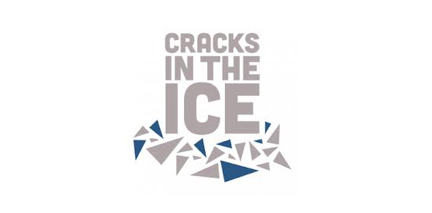Brief Project Summary
Investigators
Stimulant use disorder, methamphetamine type (SUD-MA) is a chronic, relapsing condition with adverse health and psychosocial consequences. SUD-MA typically onsets in adolescence or early adulthood, with the potential to trigger a cascade of adverse effects on the neurobiological and psychosocial developmental trajectory. To date, there are no efficacious medications for SUD-MA. In the absence of pharmacotherapies, psychotherapy remains the front line treatment. Although effective for some, psychotherapy is resource intensive and has high relapse rates. There is thus a compelling need for efficacious pharmacological treatments for SUD-MA.
One novel approach is the non-intoxicating cannabinoid cannabidiol (CBD). CBD has a range of potentially therapeutic effects, including anxiolytic, anti-psychotic, and anti-depressant properties. It has effects on several addiction-relevant endpoints in animals and humans, including reducing methamphetamine self-administration and ‘relapse’ in rodents. CBD has not been investigated as a candidate pharmacotherapy for SUD-MA in humans.
We recently completed a study of CBD for anxiety in young people (PI: Amminger), and have an opportunity to leverage the infrastructure developed for that study to investigate CBD effects in SUD-MA. We propose to conduct a pilot open label trial (N=12), testing the safety/tolerability and initial efficacy of CBD maintenance in otherwise healthy young people (15-25 years old) with SUD-MA. We focus on youth because early intervention provides maximal return economically and for individuals. Participants (N=12) will undergo comprehensive screening, followed by 8 weeks of daily medication (initial dose 800mg/day titrated to 1000mg/day if indicated), with research assessments at baseline, 4, 8, and 12 weeks and short visits at weeks 1-3 and 5-8. They will undergo treatment as usual throughout the study. The primary endpoints are safety (assessed with liver function tests at weeks 4 and 8) and tolerability (the number of participants withdrawing from the study due to adverse medication effects). We will also assess methamphetamine use during CBD maintenance with urine tests and self-report.
Findings will be employed as pilot data for a larger funding application (i.e., to NHMRC or MRFF), thus providing a critical foundation for further assessment of this promising new pharmacotherapeutic approach for SUD-MA.
Dr Gill Bedi, Chief Investigator A
The University of Melbourne, Orygen National
Mr Alexandre Arthur Guerin, Chief Investigator B
The University of Melbourne
Dr Eddie Mullen, Chief Investigator C
Orygen National
Dr Enrico Cementon, Chief Investigator D
Orygen National
Dr Paul Amminger, Chief Investigator E
University of Melbourne, Orygen National
Dr Andrew Chanen, Chief Investigator F
University of Melbourne, Orygen National
Dr Shalini Arunogiri, Chief Investigator G
Monash University; Eastern Health




